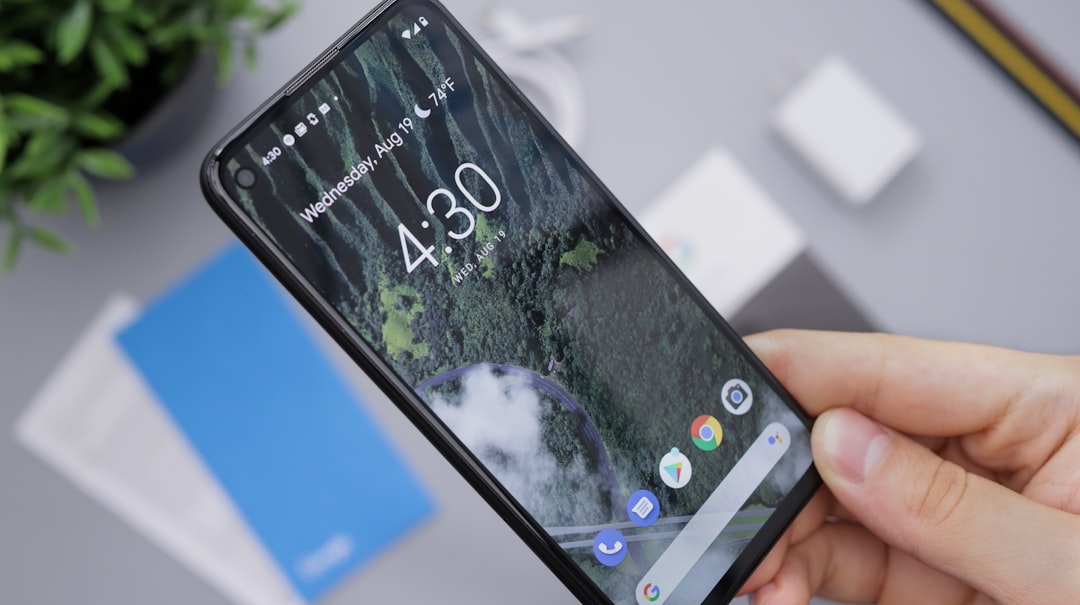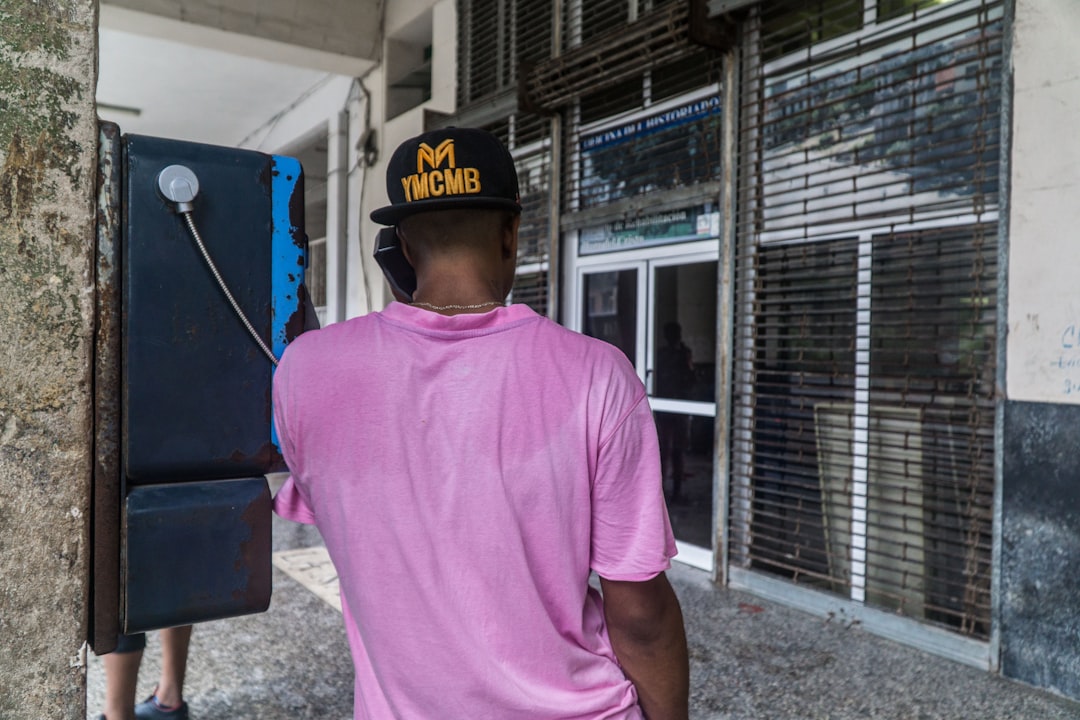To protect against charity scam calls in Sumter, SC, recognize red flags like urgent language or unexpected requests for immediate action, never provide sensitive information over the phone, verify charities' legitimacy through official channels, register your number on the FTC's Do Not Call list, and use call-blocking apps. Additionally, consult the BBB or South Carolina Department of Revenue to confirm charity authenticity before donating. These steps are crucial in stopping spam calls and ensuring donations go to genuine causes, promoting peace of mind when answering calls in South Carolina.
In Sumter, South Carolina, charity scam calls are a prevalent concern, aiming to exploit well-meaning citizens. This guide equips you to recognize and avoid such fraudulent activities. We delve into the most common red flags and scams targeting local residents. Learn simple yet effective steps to handle suspicious calls, ensuring your safety. Discover tools and resources available for South Carolina folks to block spam calls and protect themselves from these insidious schemes.
Understanding Charity Scam Calls in Sumter, South Carolina
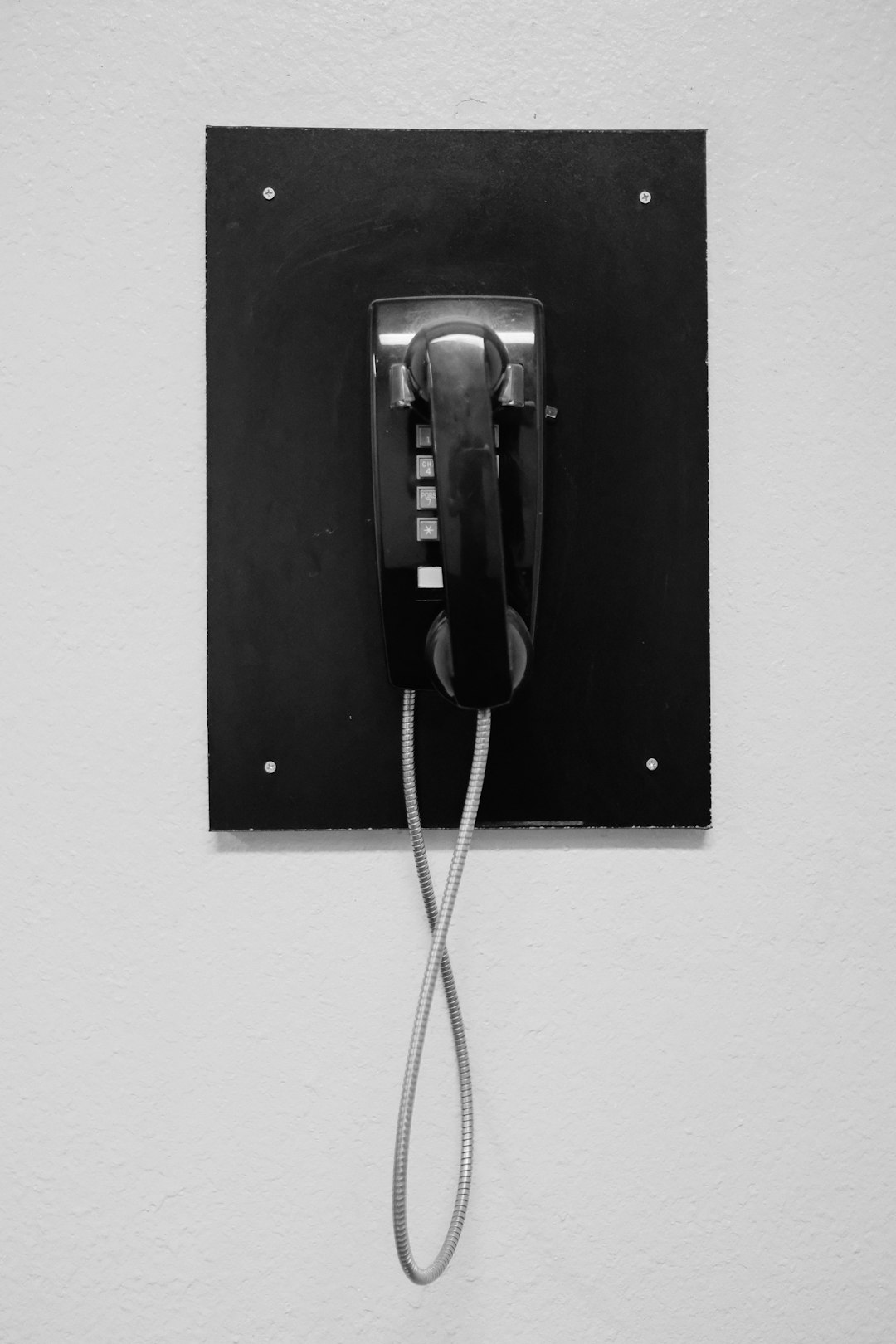
In Sumter, South Carolina, like many parts of the country, charity scam calls have become a persistent issue. These fraudulent calls often pose as legitimate charitable organizations, aiming to exploit people’s generosity and concern for others. The call might start with an emotional appeal, claiming that a natural disaster has struck or that funds are needed to support a noble cause. Scammers use various tactics to pressure victims into making immediate donations over the phone, sometimes even threatening consequences if they don’t comply.
To protect yourself from such scams in South Carolina, it’s essential to understand common strategies used by charlatans. Familiarize yourself with trusted charitable organizations in your area and reach out to them directly through verified contact information. Check for official registration and accreditation of charities before making any donations. Additionally, never feel pressured to donate on the spot, and always verify the legitimacy of a request before providing personal or financial details—remember, legitimate charities won’t demand immediate payments over the phone.
Identifying Red Flags and Common Scams
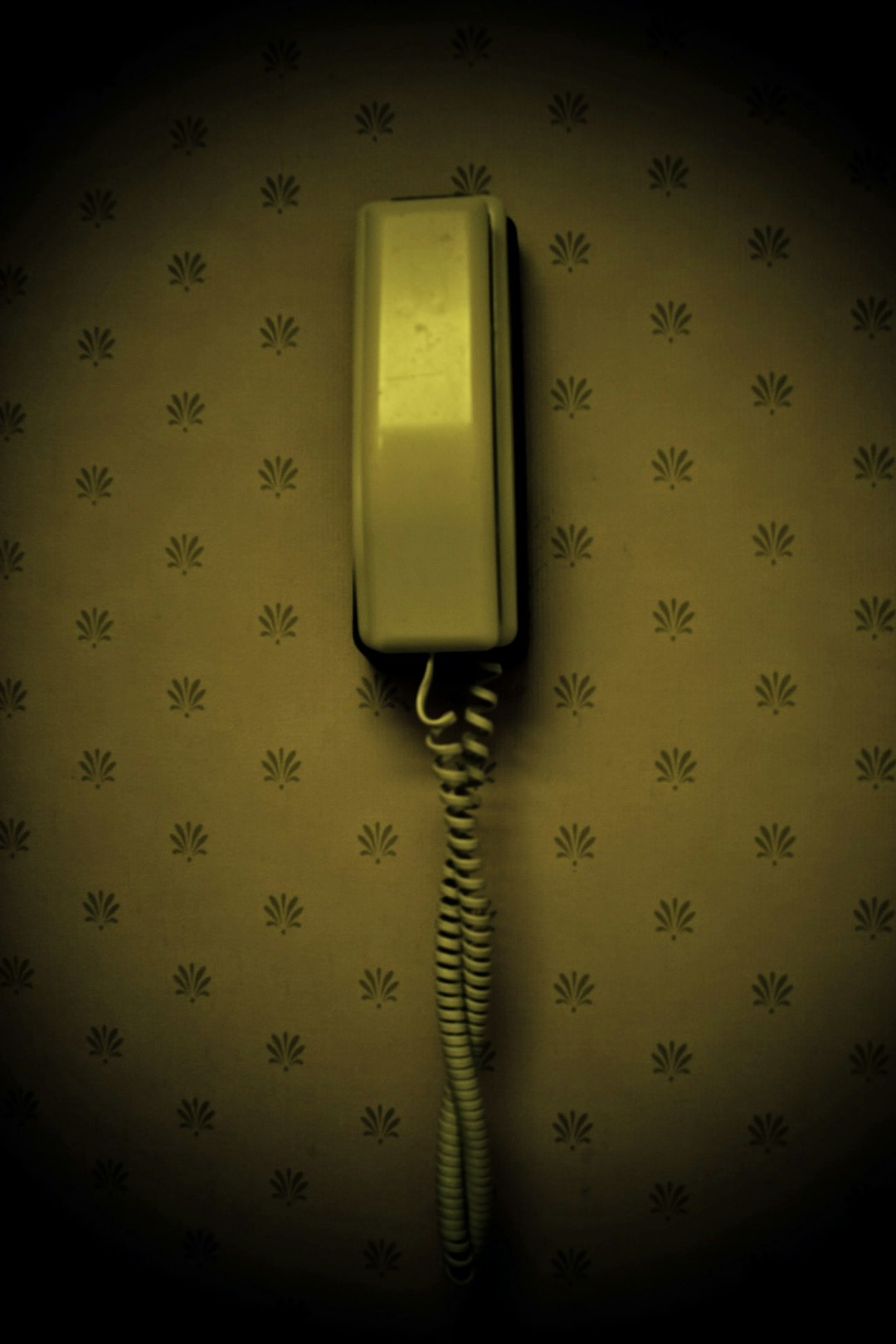
Recognizing red flags is a crucial step in protecting yourself from charity scam calls. Scammers often pose as legitimate charities, using urgent language and emotional appeals to manipulate potential donors. Be wary of unexpected calls claiming that your donation is needed immediately to save lives or prevent some catastrophic event. They may also pressure you to make an on-the-spot decision without time for verification.
Common scams include requests for gift cards or wire transfers, which are hard to trace once sent. Another tactic is the “fake check” scam, where scammers send a real-looking check for a large amount, asking you to cash it and transfer some of it to them before keeping the rest. Always remember that legitimate charities never ask for payment via gift cards, wire transfers, or checks. If you’re unsure about a call claiming to be from a charity, hang up and contact the organization directly using official contact information found on their website or through your local consumer protection agency in South Carolina.
Steps to Take When You Receive a Suspicious Call
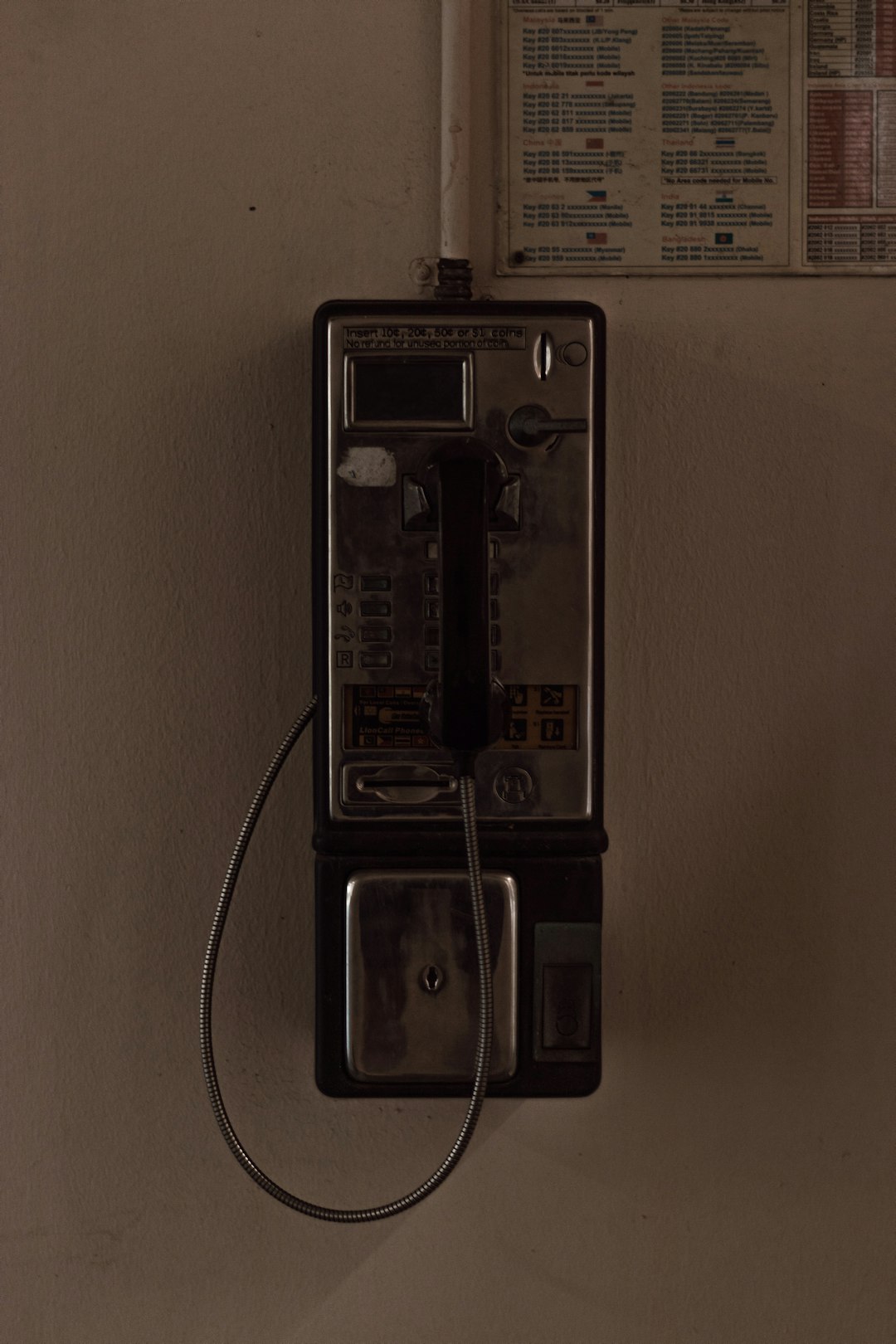
If you receive a call that raises your suspicions, don’t panic but do stay alert. First, listen carefully and assess the caller’s story – legitimate charities will often provide specific details about their cause and how donations will be used. If something feels off, hang up immediately. Don’t feel pressured to make an on-the-spot decision; legitimate organizations won’t demand immediate payments over the phone.
Next, verify the charity’s authenticity independently. Check for official registration with local authorities in South Carolina, visit their website, or contact them directly using a verified contact number (not the one provided by the caller) to confirm if the request is genuine. By taking these steps, you can protect yourself from How to Stop Spam Calls South Carolina and ensure your generosity benefits legitimate causes.
Protecting Yourself: Tools and Resources for South Carolina Residents
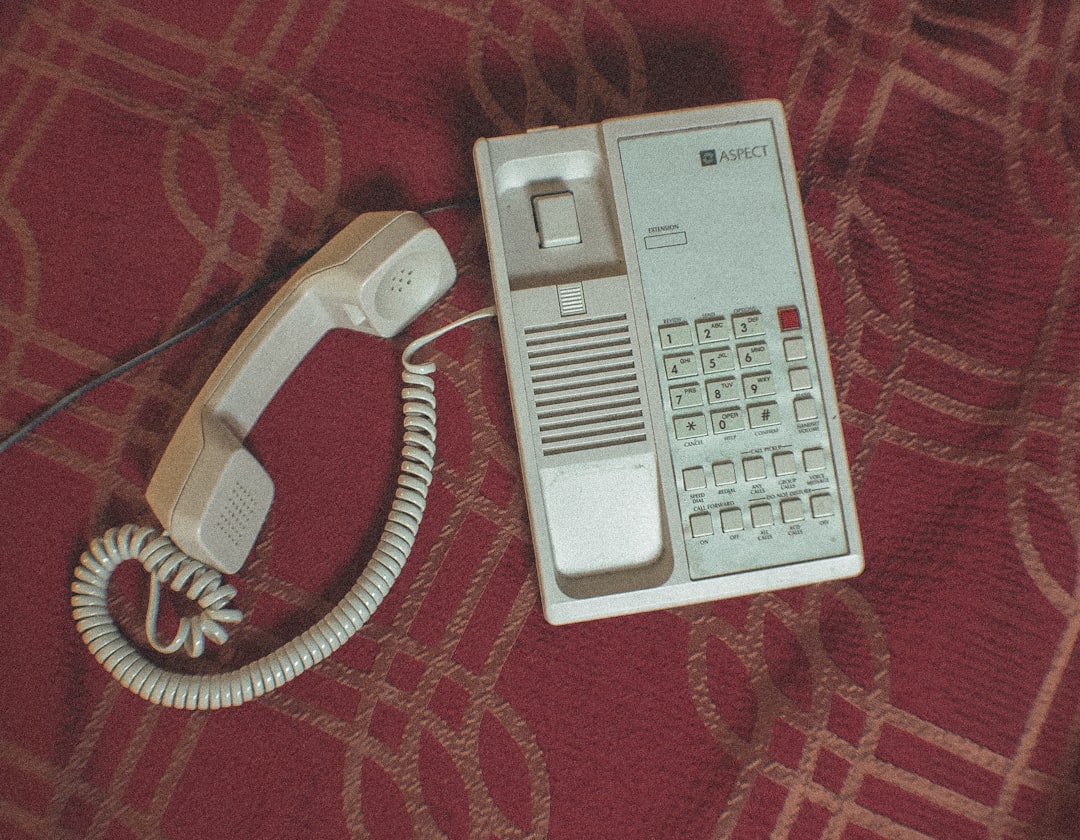
To protect yourself from charity scam calls in Sumter, SC, stay informed and utilize available tools. The Federal Trade Commission (FTC) offers a Do Not Call registry where South Carolina residents can register their phone numbers to reduce unsolicited calls, including those from charities. Additionally, consider downloading call-blocking apps specifically designed to identify and block spam calls, many of which are free for iOS and Android devices. These apps use community-based reporting to recognize and filter out known scammer numbers.
The Better Business Bureau (BBB) is another valuable resource, providing guidance on how to spot fraudulent charity calls and listing verified charitable organizations. Always verify the legitimacy of a charity before making a donation by checking its status with the BBB or the South Carolina Department of Revenue. By taking these proactive measures, you can significantly reduce the risk of falling victim to charity scams and help ensure your peace of mind when answering your phone in Sumter, SC.


